Congo Rainforest
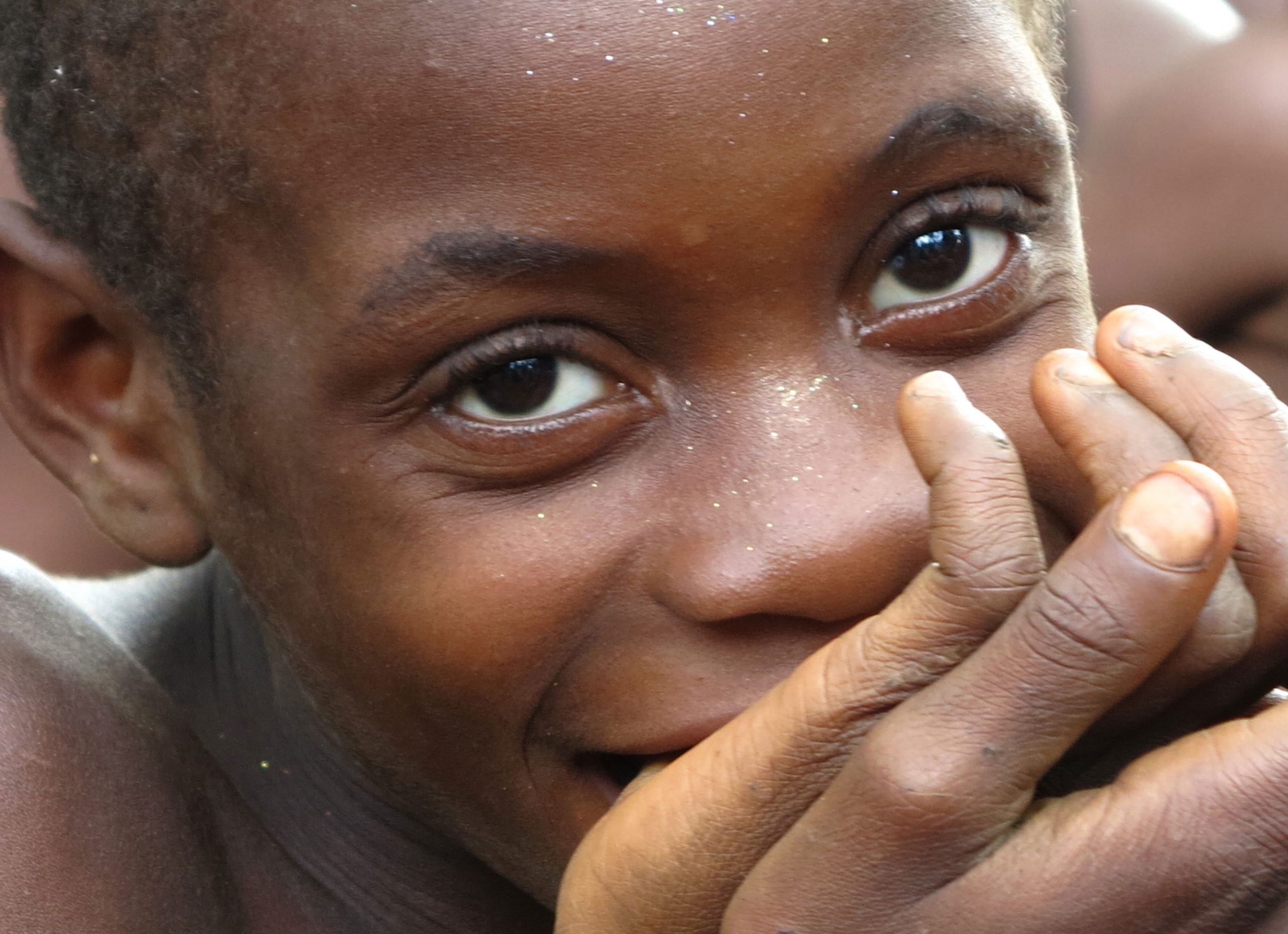
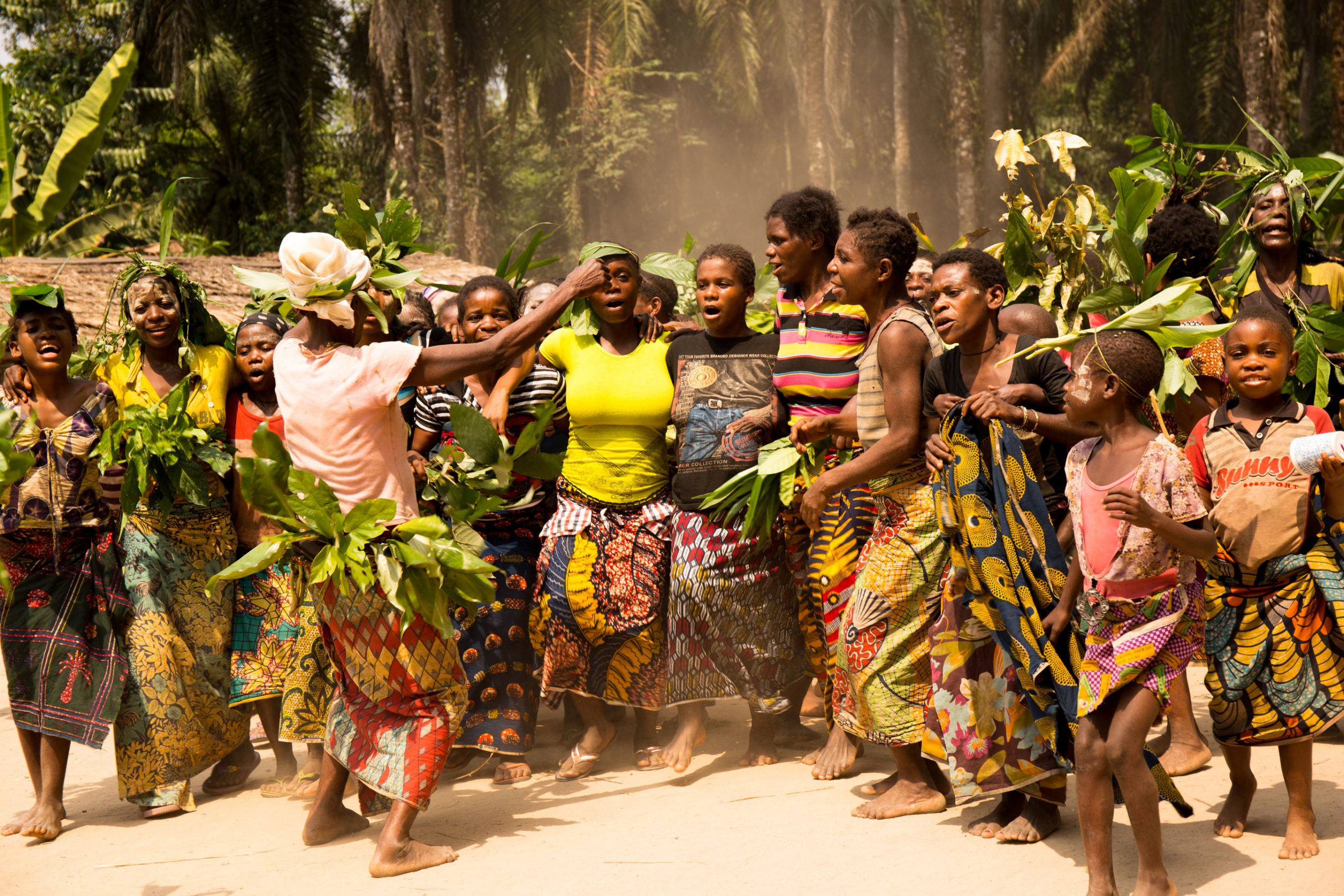
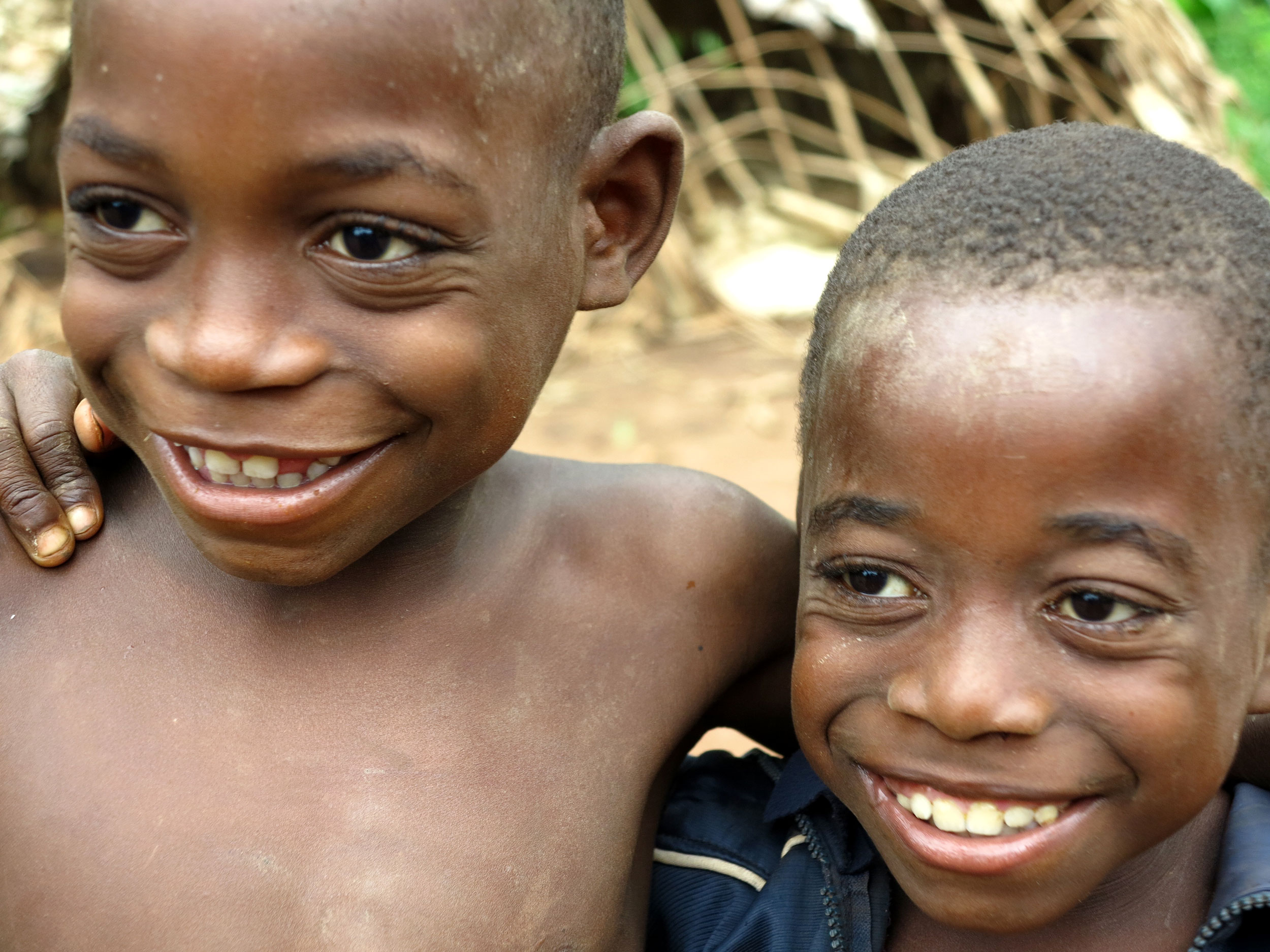
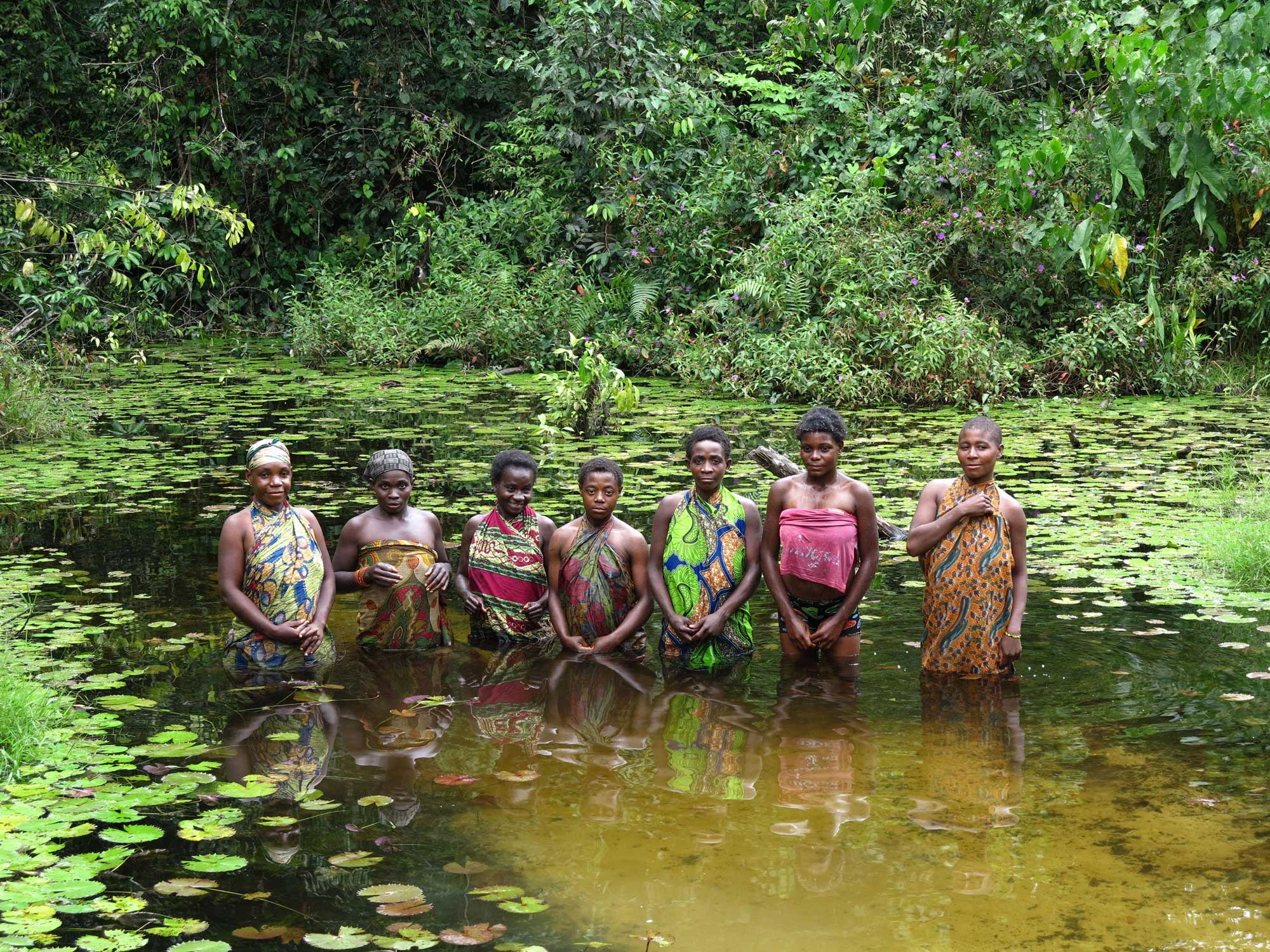
They are part of only 5% of today’s global population that take care of 80% of our shared planet’s remaining biodiversity.
Means ‘Medicine’ in Mbendjee, the language of the Mbendjele BaYaka hunter-gatherers. The Mbendjele have a very well developed traditional healing system.
Yet, if forced to abandon their mode of living in order for them to have access to health, education and other services all based on the assumption that people have to be sedentarised to do so they not only abandon their previous mode of life but begin to lose the knowledge and skills coming with it.
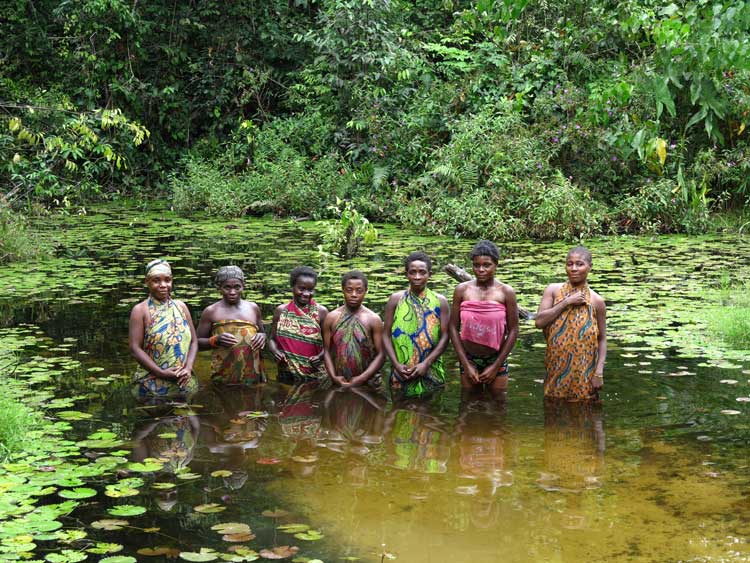
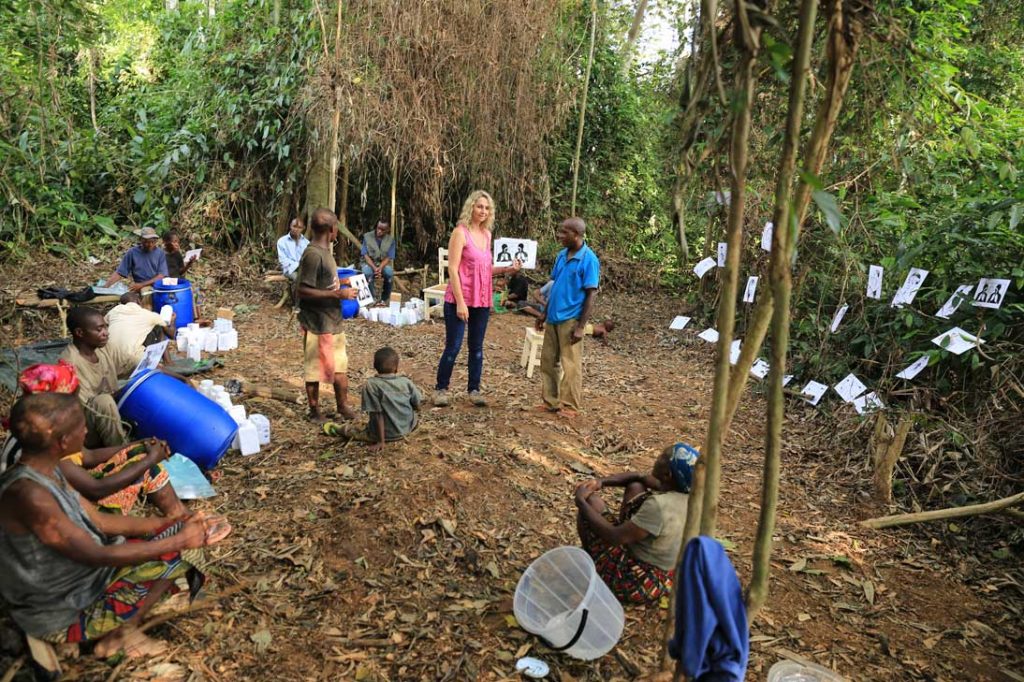
We train traditional Mbendjele hunter-gatherer healers to deliver primary health care through portable mobile clinics in remote forest areas.
Our project supplements the existing traditional system of healing with safe generic medicines. It enables the Mbendjele to continue living in the way they want to, helping to ensure their rich culture and forest-orientated way of life survives.
Commercial logging and mining, conservation projects and government policies all put increasing pressure on today’s hunter-gatherers to sedentarise.
Access to health care is often given as the reason to force people to sedenterise. This not only threatens their physical and cultural survival, but may also add to the problem of increasing numbers of rural poor and the rise in diseases accompanying poverty.
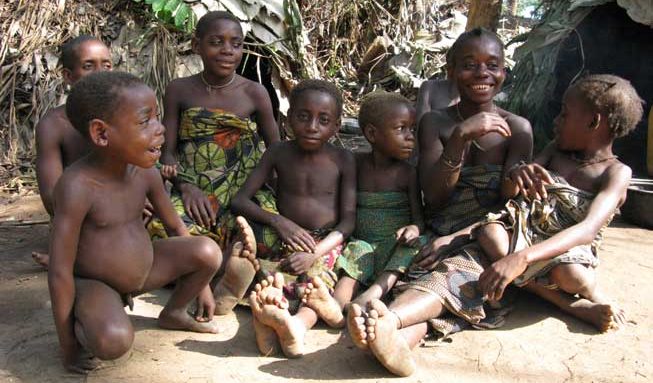
In the beautiful marshy forests of the Northern Republic of Congo. Congo borders 4 countries: The Democratic Republic of Congo (DRC), the Central African Republic (CAR), Cameroon and Gabon and the sea. With 342.000km2 Congo is larger than the UK and has a population of approximately 3.5 Million with around 50 different ethnic groups.
Hunter-gatherers like the Mbendjele BaYaka, also referred to as Pygmies, have unique knowledge about the delicate balance of the eco-system they live in. In order to address climate change it becomes increasingly important to search more innovatively for solutions.
The intimate knowledge of people who have lived for millennia in such eco-systems could be valuable in conservation projects working in the Congo. When people are forced to sedentarise in order to have access to health, education and other services, they not only abandon their previous mode of life but also lose the accumulated knowledge and skills that came with it, and humanity is that much poorer.
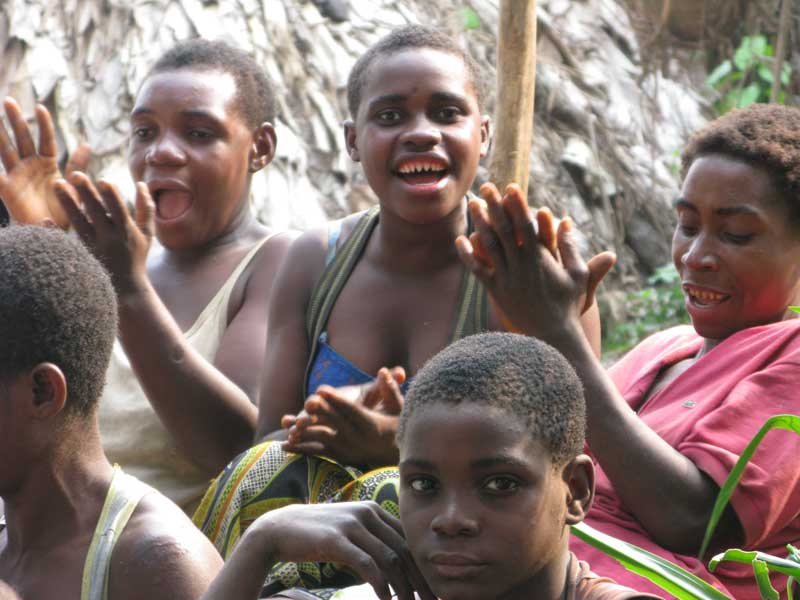
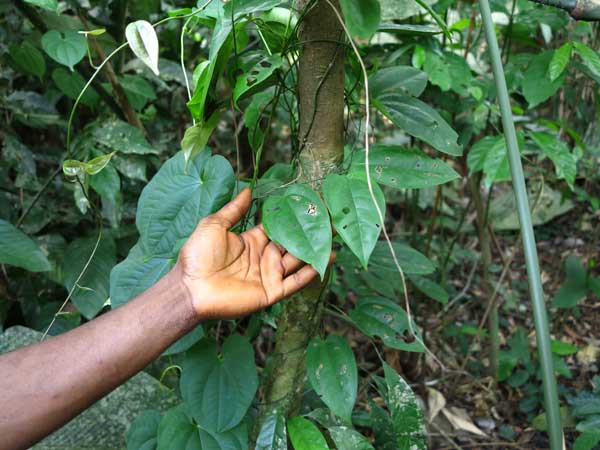
Traditional healers are the first to be consulted for help as they are trusted and respected by their community. We therefore train community-selected healers in the delivery of primary health care. Good healers can identify and treat many diseases and know how to care for the sick. They provide meaningful services because they have the cultural sensitivity and language skills necessary.
